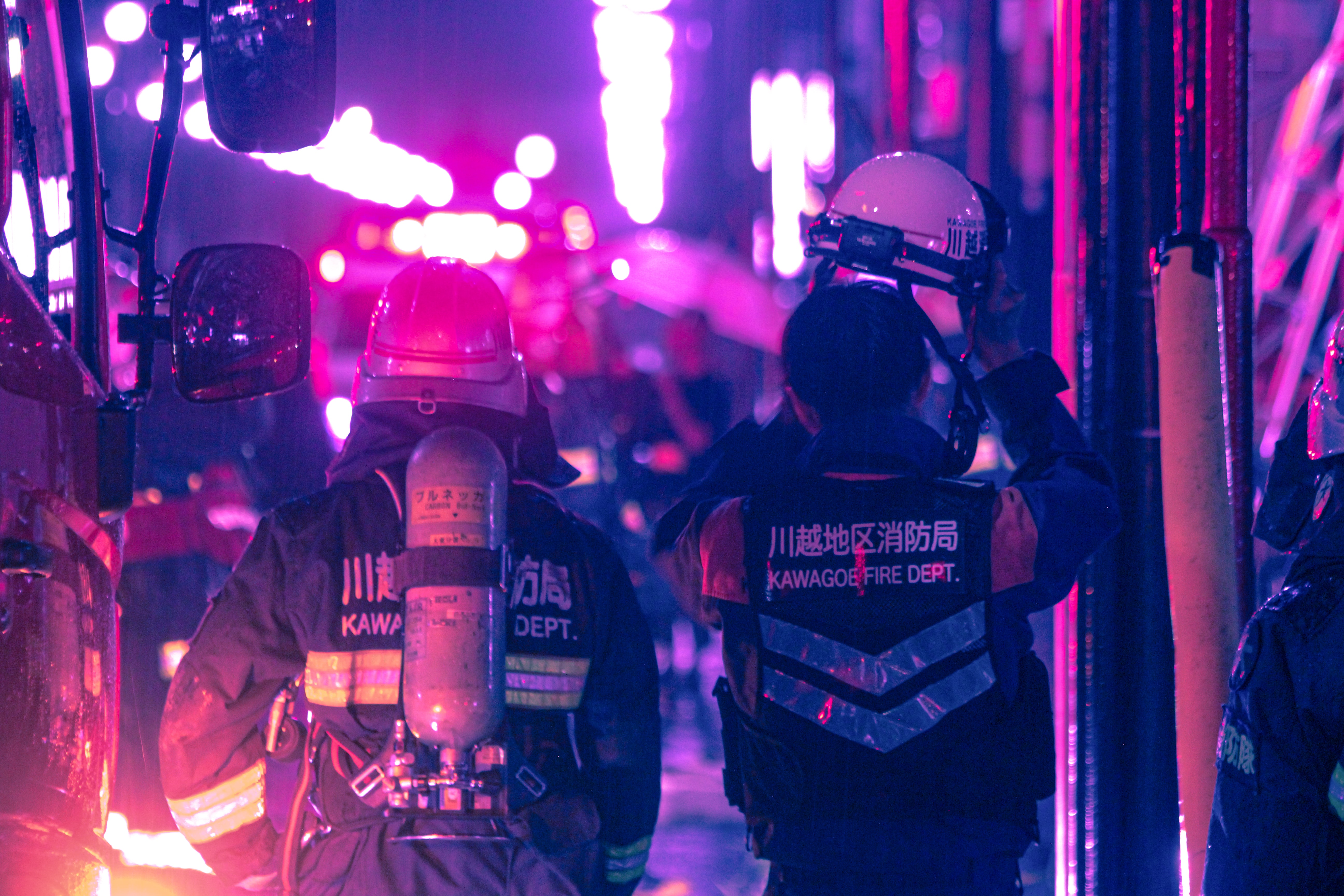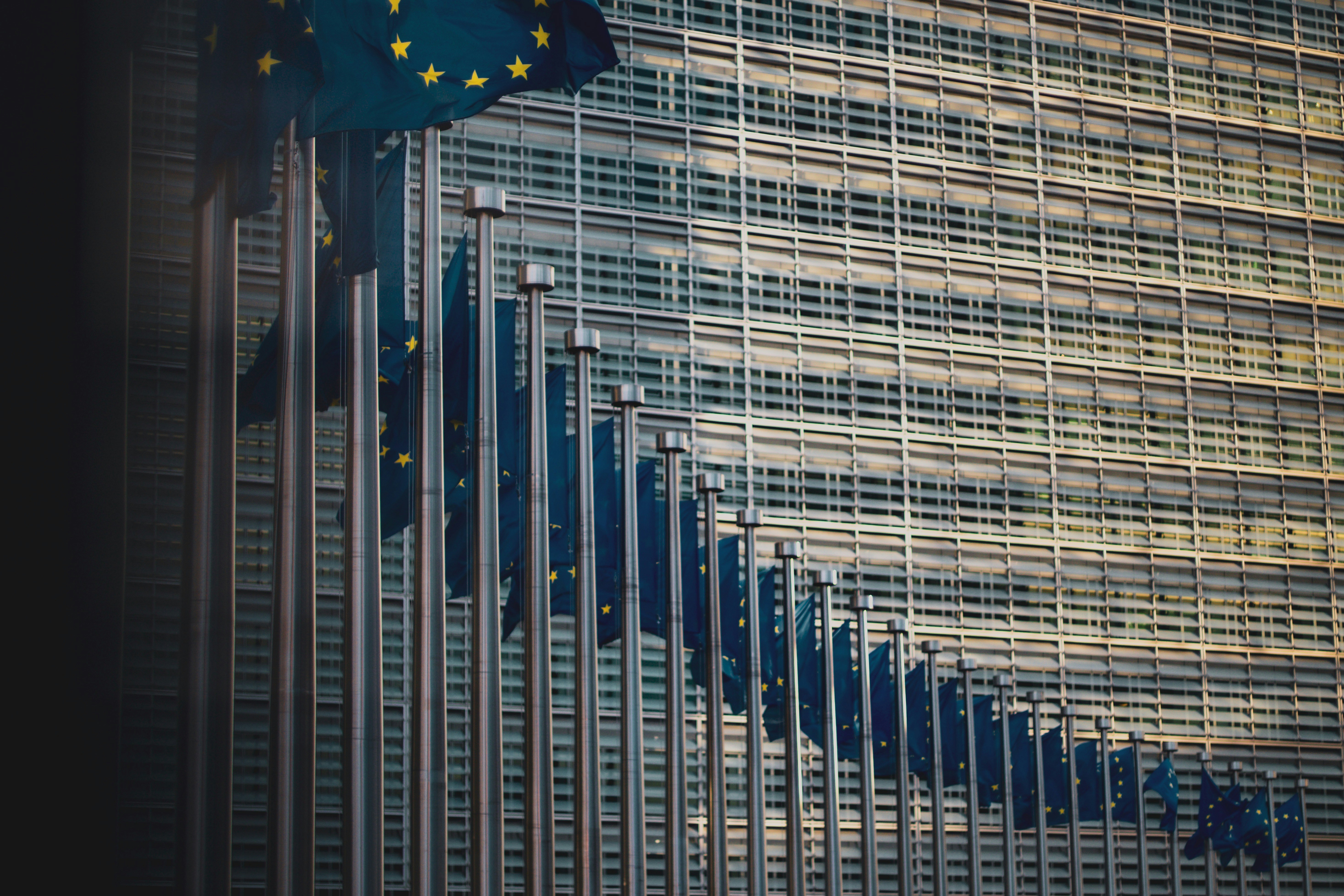COVID-19 is a « fire-drill forced upon us. » That’s what is stated in the report The Scientific, Technological and Societal Conditions of the End of the Covid-19 Crisis that our colleagues Peter Varnai and Paul Simmonds released upon request of the European Commission. Peter Varnai discussed the topic with The Times Higher Education earlier this month.
Europe should build research and innovation systems that are better prepared for future pandemics and other crises. We can avoid single-point failures by building more distributed research networks that cut across European, national and regional levels – including traditionally, non-research active geographical areas and regulatory institutions.
The R&I system can be regarded as a sort of ‘immune system’ that will ‘remember’ this pandemic if that memory is kept alive with regular fire drills/ military-type exercises – through perhaps new types of research challenges – where speed and self- organisation are important aspects of scientific quality.
“We have national risk registers. We anticipate disasters,” Peter explained to the journalist. But in research, we tend to think in the very long term. COVID has forced the research system to respond very rapidly after the « initial shock ». The recommendation from the report aims to explore whether this « initial shock » can be reduced, whether we can be quicker on our feet and cooperate towards a solution.
Peter shared some ideas of how we could simulate crises and the sense of urgency to learn to move past initial shock. « Academics could participate in war games to prepare for future emergencies such as catastrophic pollution, extreme heat or financial meltdowns. Screenwriters could be involved to come up with disaster scenarios, and scientists given a matter of months to scramble and devise a solution. »
Competitions could be organised for transdisciplinary research teams to come up with ideas to overcome simulated crises. Such actions could be funded within the Horizon Europe framework.
Read Peter’s intervention in the Times Higher Education here, and the foresight report for the EU here.



